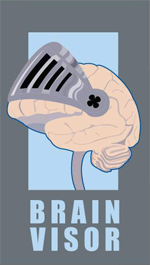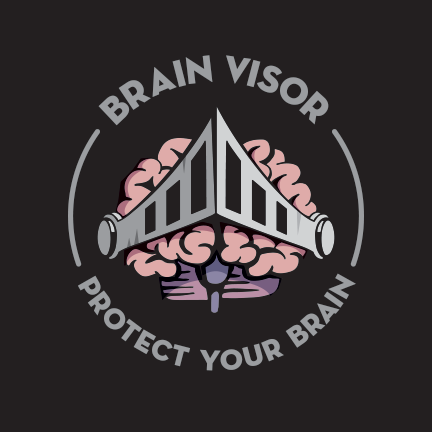
“And put on the helmet of salvation”
Mind Your Mind
Encephalopathy refers to any diffuse disease of the brain that alters brain structure or function (NINDS). Although the potential causes are numerous and varied, the hallmark symptom of encephalopathy is an altered mental state. Depending on the type and severity, the long-term sequela may include progressive loss of memory and cognitive ability, subtle personality changes, the inability to concentrate, and additional deleterious physical symptoms.
Current literature suggests that there are more than 150 different ‘types’ of encephalopathy. All forms are serious and require extensive medical treatment associated with the specific type of disease. In some cases, early treatment can reduce or even eliminate the symptoms of encephalopathy. For other types, however, no successful treatment modalities have been found to halt the progressive and insidious degeneration that occurs in the brain.
One area linked with encephalopathy that has recently received a great deal of focus is – concussion. As research is now conclusive that repeated concussions are associated with chronic traumatic encephalopathy (CTE), helmet manufactures are working hard to develop helmets that will better protect the brain.
Wearing a helmet while participating in sports, however, is not the only time use of a helmet should be considered appropriate. In Ephesians 6:17, the Apostle Paul instructs us to put on the helmet of salvation. While the most obvious value of the helmet is to protect against blows to the head; spiritually speaking, Paul’s emblematic helmet is intended to protect the mind against wiles of the devil. Additionally, the Helmet of Salvation is intended to provide hope in God’s promises and Jesus Christ’s return.
As with concussions, repeated blows to the mind by the devil result in a type of encephalopathy that can be associated with neuronal numbness. This altered mental state is noted by Paul in 2 Corinthians 3:14 where he describes minds that have become ‘’dulled’’ or ‘’hardened.’’ The Greek text expresses the idea that repeated exposure to sin causes brain neurons to become callous and insensible. In 2 Corinthians 4:4, Paul warns us that exposure to sin “blinds” our minds so that we cannot see Christ.
So, how to do we prevent an encephalopathy that results in spiritual dullness? We put on the Helmet of Salvation by setting our minds on things above, not on earthly things (Colossians 3:2):
Whatever is true, whatever is noble, whatever is right, whatever is pure, whatever is lovely, whatever is admirable—if anything is excellent or praiseworthy—think about such things. Philippians 4:8 (NIV)
Reference:
National Institute of Neurological Disorders and Stroke (NINDS) (2010). Encephalopathy Information Page. Retrieved from http://www.ninds.nih.gov/disorders/encephalopathy/encephalopathy.htm
 |
BrainVisor – Protect Your Brain
BrainVisor does not provide medical or psychological advice, diagnosis or treatment recommendations. The material on this site is for informational purposes only and is not a substitute for your doctor or other health care professional's care.
|
 |
||
|









